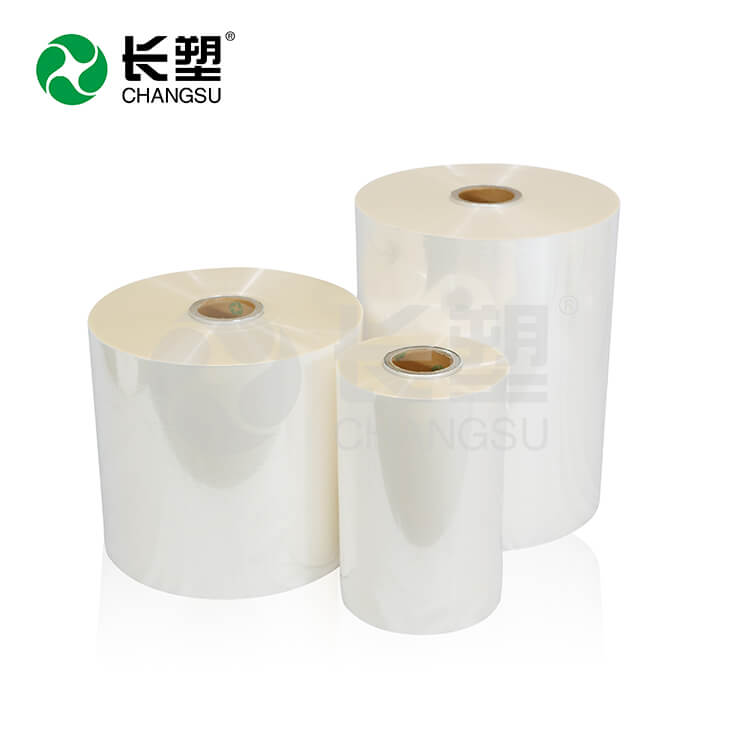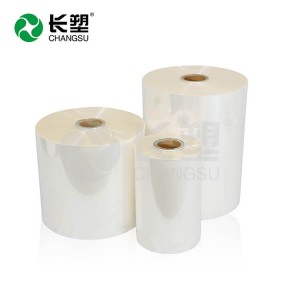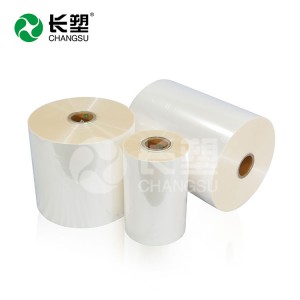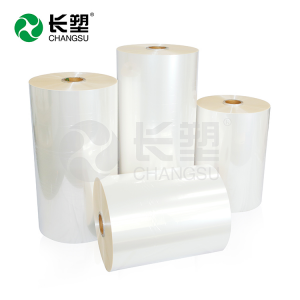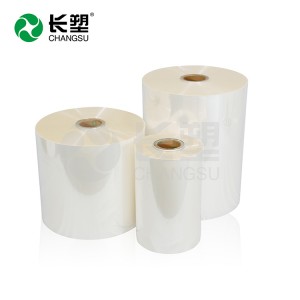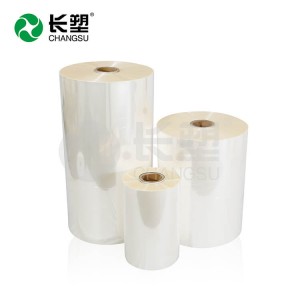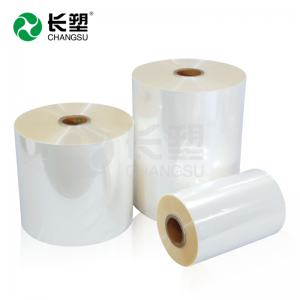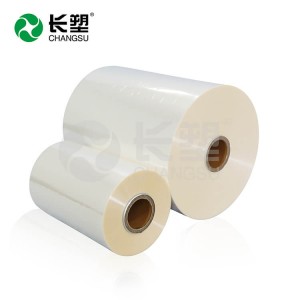TSA – BOPA Film with Straight Tear Performance
Compared with other easy-tearing PET, TSA does not destroy the excellent mechanical properties of PA itself, nor does it need to be laminated with easy-tearing PE like easy-tearing PET. Most structures only need one layer of TSA - linear easy-tearing PA to drive other materials to realize the linear easy-tearing performance of the whole laminated film (bag).
|
Features |
Benefits |
| ✦ Build-in linear tear feature; ✦ Compatible with different laminate partners |
✦ Eliminate the need to use additional processes and specialty materials; ✦ Suitable for a wide range of packaging configurations and applications |
| ✦ Excellent mechanical strength and puncture/impact resistance | ✦ Retain the strength and toughness of BOPA, reduce the risk of breakage |
| ✦ Excellent dimensional stability | ✦ Suitable for various printing and converting processes minimum pouch distortion after retort |
| Thickness/μm | Width/mm | Treatment | Retortability | Printability |
| 15 | 300-2100 | single/both side corona | ≤ 135℃ | ≤12 colors |
Notice: Retortability and printability are depending on customers’ lamination and printing processing condition.
TSA is a kind of nylon film with excellent linear tearing property in MD, which was developed by Changsu. TSA can maintain the mechanical strength of nylon and its linear tearing property even after lamination. There is no need to buy another equipment for laser drilling, which reduces the investment cost and improves the production efficiency. In addition, TSA still has good linear tearing property even after boiling, retorting or freezing. Based on this feature, it is very suitable for packaging with water, sauce or powder, such as perfume, jelly, mask, etc.



Peeling Strength is Not Enough
✔ When there is a large area of full plate printing, ink and curing agent are added appropriately in the ink;
✔ The amount of curing agent should be increased (5%-8%) in summer.
✔ The solvent moisture content is controlled within 2‰;
✔ Glue with the use, pay attention to the site temperature and humidity control;
✔ The compound products should be put into the curing room in time, and the temperature distribution of the curing room should be monitored regularly.


